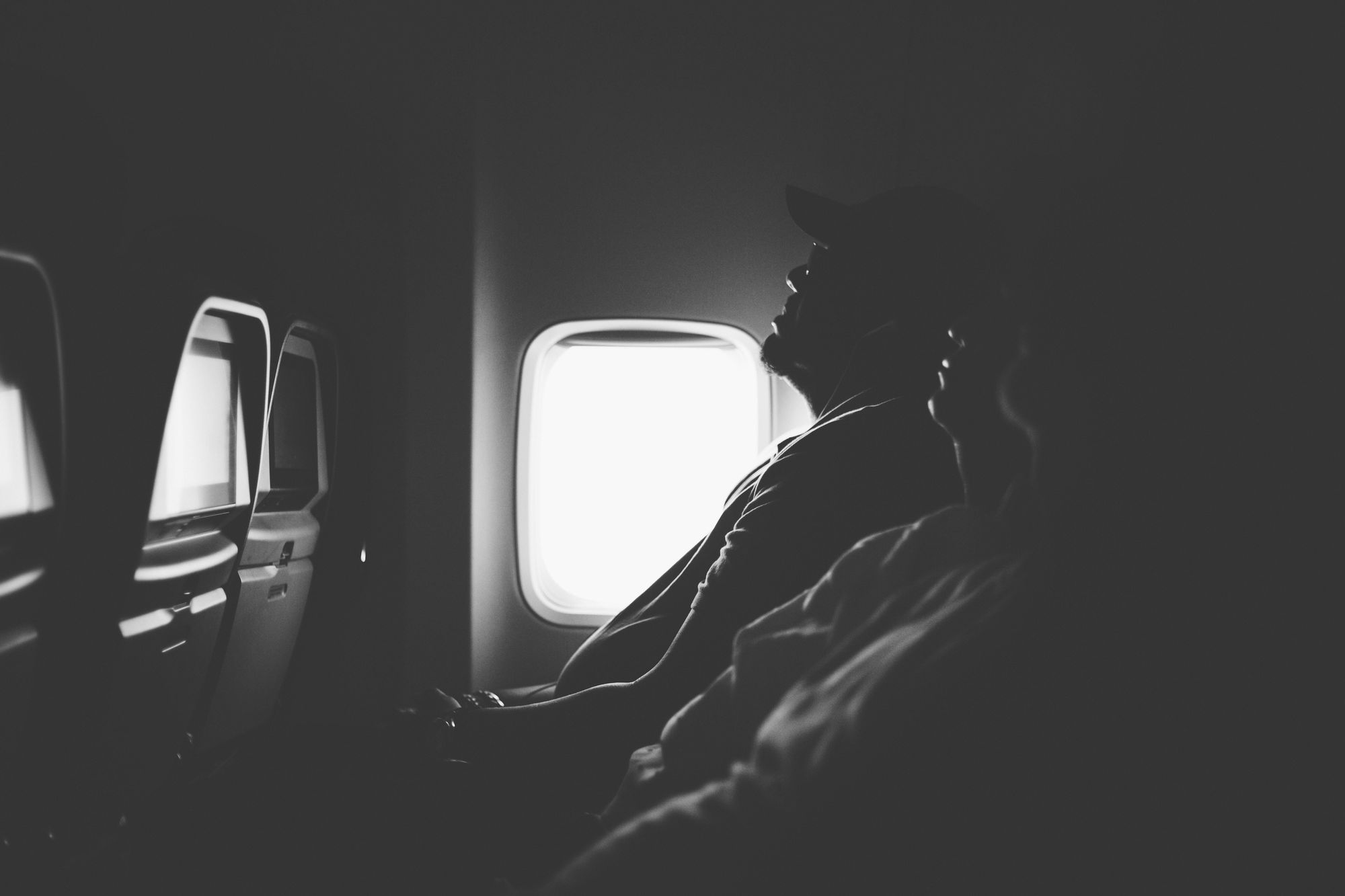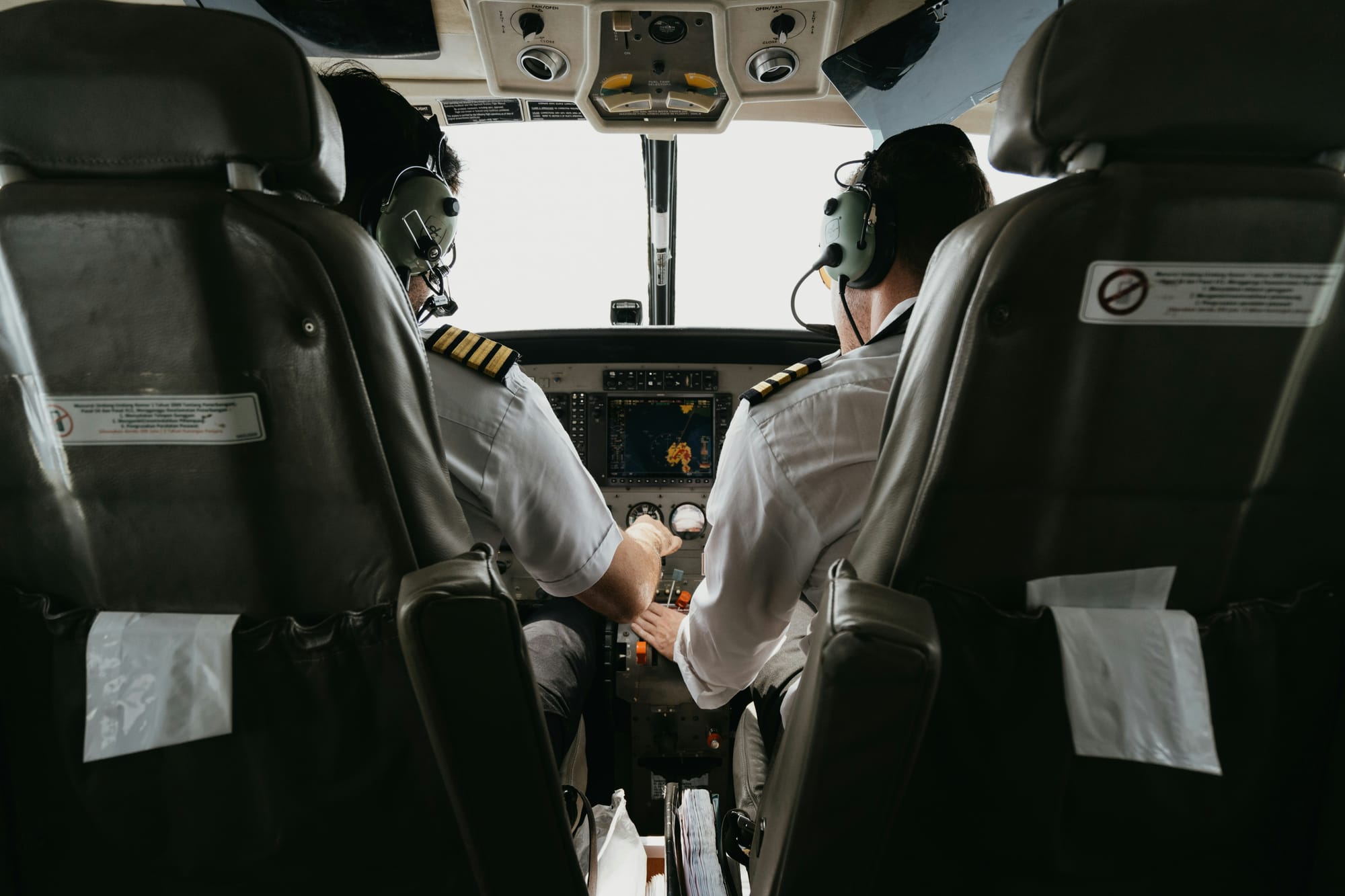The Art of the Long Haul Flight

Did you know that over 30% of travelers experience jet lag after a long haul flight? It's no surprise that jet lag can be a major issue for those who frequently travel across time zones. If you don't want to feel fatigued it's important to manage your body during long flights to be refreshed on the other side.
Causes of Jet Lag
Jet lag occurs when our body's internal clock, or circadian rhythm, is disrupted due to crossing multiple time zones. This can result in fatigue, insomnia, difficulty concentrating, and even digestive issues. Our body's internal clock is regulated by several factors, including exposure to light, meal times, and physical activity.
Several factors can contribute to the severity of jet lag, including the number of time zones crossed, the direction of travel (eastward travel usually causes more severe jet lag), individual susceptibility, and the quality of sleep before and during the flight. Age, stress levels, and overall health can also impact how severely jet lag affects an individual.
Long haul flights, typically those lasting over 6 hours, can exacerbate jet lag symptoms due to the extended time spent in a confined space, exposure to cabin pressure, and dehydration. Additionally, the lack of exposure to natural light during the flight can make it more challenging for our body to adjust to the new time zone.
Debunking Common Jet Lag Myths
While mental factors can contribute to jet lag, it is primarily a physiological issue caused by the disruption of our body's internal clock. Therefore, it's essential to take both mental and physical steps to combat jet lag.
While crossing more time zones can result in more severe jet lag, the direction of travel plays a more significant role. Traveling eastward tends to cause more severe jet lag than westward travel, as it is more challenging for our body to adjust to a shorter day than a longer one.
Staying awake during the entire flight can lead to sleep deprivation, which can exacerbate jet lag symptoms. It's crucial to prioritize sleep, especially if it's nighttime at your destination, to help your body adjust to the new time zone.
Tips for Managing Jet Lag
We have compiled a list of tips that can help you manage jet lag during long haul flights, categorized based on when they should be implemented.
Before the Flight
- Gradually adjust your sleep schedule a few days before your trip to align with your destination's time zone.
- Stay well-rested and avoid sleep deprivation before your flight.
- Plan your flight arrival time to coincide with the evening at your destination, if possible.
- Consider light therapy, which involves exposing yourself to bright light in the morning and dim light in the evening, to help reset your internal clock.
During the Flight
- Set your watch to the destination's time zone as soon as you board the plane.
- Stay hydrated by drinking plenty of water and avoiding alcohol and caffeine.
- Try to sleep during the flight, especially if it's nighttime at your destination.
- Use sleep aids such as eye masks, earplugs, or noise-canceling headphones to help you sleep.
- Get up and walk around the cabin periodically to promote blood circulation and prevent stiffness.
After the Flight
- Spend time outdoors during daylight hours to help your body adjust to the new time zone.
- Engage in light exercise, like walking or stretching, to help reset your internal clock.
- Avoid heavy meals and caffeine close to bedtime.
- Maintain a regular sleep schedule and try to go to bed at the same time each night.
- Be patient and give your body time to adjust; it typically takes about one day per time zone crossed to fully adapt.
Final Thoughts
Jet lag can be a significant issue for travelers on long haul flights, but with proper planning you can minimize its impact. I encourage you to try these tips on your next long haul flight and experience the difference. Safe travels!





